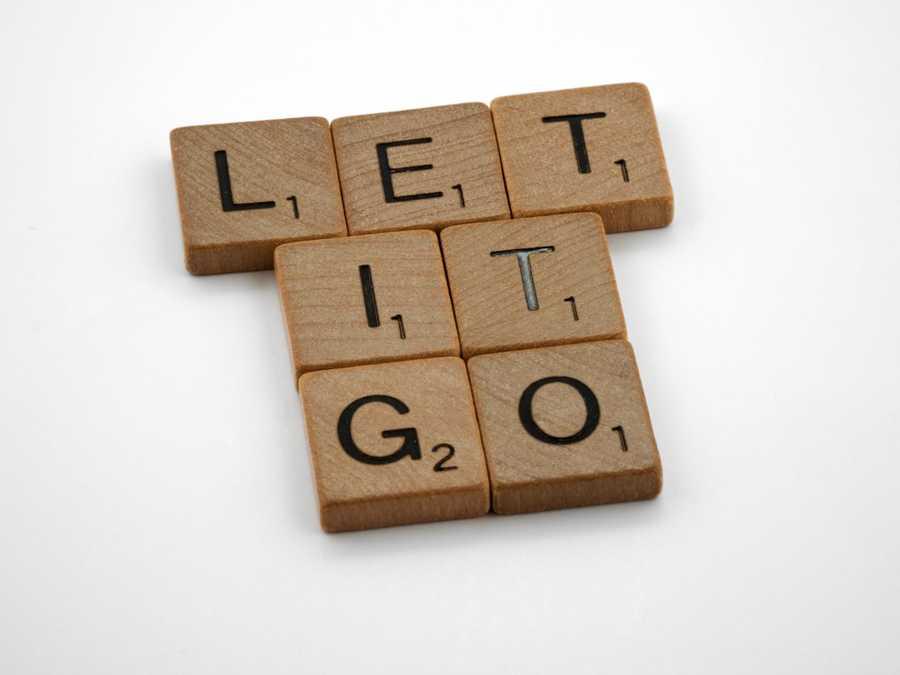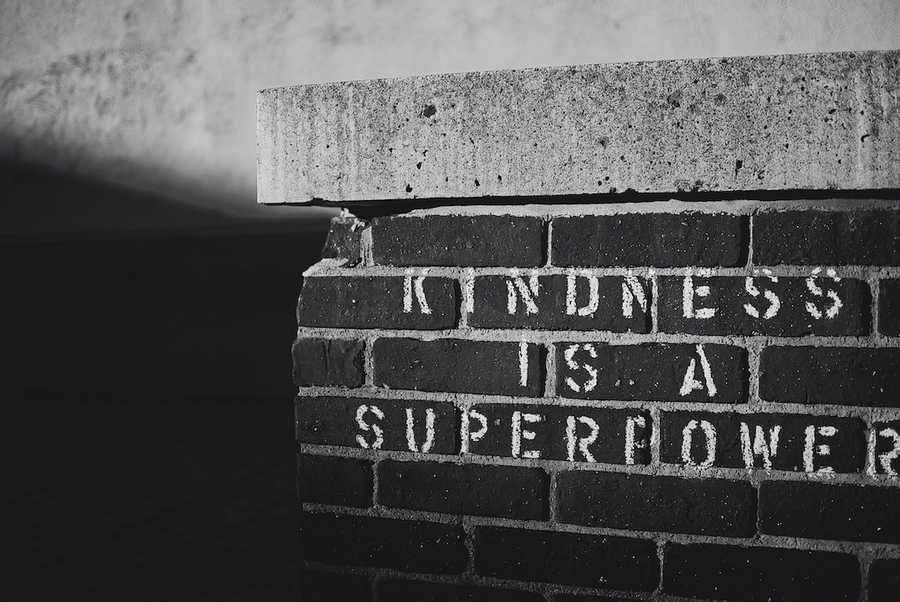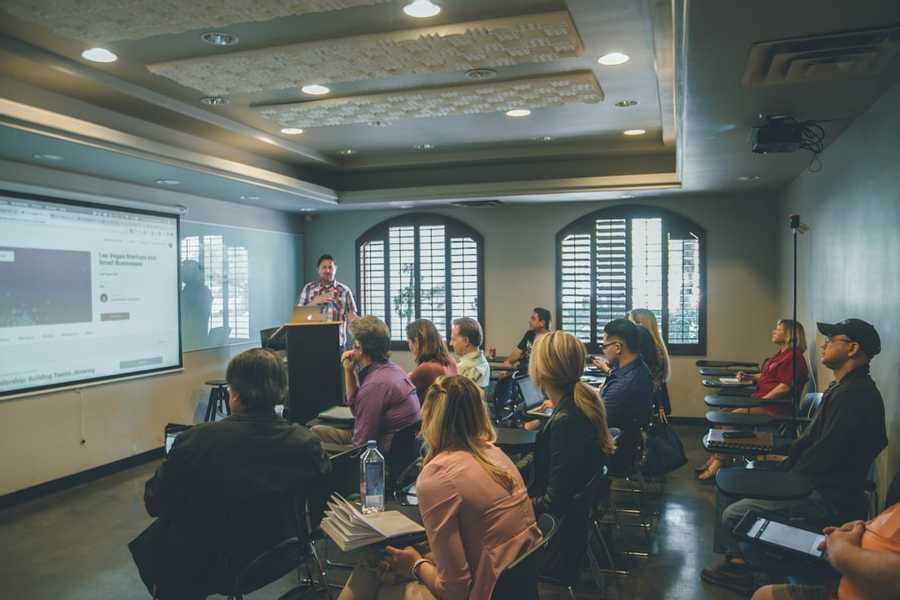12 Tips for Forgiving Yourself
Curated from: healthline.com
Ideas, facts & insights covering these topics:
13 ideas
·227 reads
4
Explore the World's Best Ideas
Join today and uncover 100+ curated journeys from 50+ topics. Unlock access to our mobile app with extensive features.
_Forgive yourself_
Making peace and moving forward is often easier said than done. Being able to forgive yourself requires empathy, compassion, kindness, and understanding. It also requires you to accept that forgiveness is a choice.
Here are 12 tips you can try the next time you want to forgive yourself.
5
37 reads
1. Focus on your emotions.
One of the first steps in learning how to forgive yourself is to focus on your emotions. Before you can move forward, you need to acknowledge your emotions. Give yourself permission to recognize and accept the feelings that have been triggered in you and welcome them.
5
27 reads
2. Acknowledge the mistake.
If you make a mistake and continue to struggle with letting it go, acknowledge out loud what you learned from the mistake.
When you give a voice to the thoughts in your head and the emotions in your heart, you may free yourself from some of the burdens. You also imprint in your mind what you learned from your actions and consequences.
5
21 reads
3. Think of each mistake as a learning experience.
Englander says to think of each “mistake” as a learning experience that holds the key to moving forward faster and more consistently in the future.
Reminding ourselves that we did the best we could with the tools and knowledge we had at the time, will help us forgive ourselves and move forward.
5
15 reads
4. Give yourself permission to put this process on hold.
If you make a mistake but have a hard time putting it out of your mind, Pickell says to visualize your thoughts and feelings about the mistake going into a container, such as a mason jar or box.
Then, tell yourself you are putting this aside for now and will return to it if and when it will benefit you.
5
17 reads
5. Have a conversation with your inner critic.
Journaling can help you understand your inner critic and develop self-compassion. Write out a “conversation” between you and your inner critic. This can help you identify your thoughts and will help you forgive yourself
You can also use journaling time to make a list of the qualities you like about yourself, including your strengths and skills. This can help boost your self-confidence when you’re feeling down about a mistake you made.
5
16 reads
6. Notice when you are being self-critical.
We are our own worst critics, right?
One important action tip is to notice when that harsh voice comes in and then write it down. You might be surprised by what your inner critic actually says to you.
5
15 reads
7. Quiet the negative messages of you inner critic.
Sometimes it can be difficult to recognize the thoughts that are getting in the way of forgiveness. If you’re struggling to sort out your inner critic, practice this exercise:
- On one side of a piece of paper, write down what your inner critic says (which tends to be critical and irrational).
- On the other side of the paper, write a self-compassionate and rational response for each thing you wrote on the other side of the paper.
6
15 reads
8. Get clear about what you want.
If the mistake you made hurt another person, you need to determine the best course of action. Do you want to talk to this person and apologize?
If you’re on the fence about what to do, you might want to consider making amends. This goes beyond saying sorry to a person you’ve hurt. Instead, try to fix the mistake you’ve made. One study found that forgiving ourselves for hurting another is easier if we first make amends.
5
13 reads
9. Take your own advice.
Oftentimes, it’s easier to tell someone else what to do than to take our own advask yourself what you would tell your best friend if they were sharing this mistake they made with you, and then take your own advice.
If you’re having a difficult time working through this in your head, it can help to role-play with your friend. Ask them to take on your mistake. They will tell you what happened and how they are struggling to forgive themselves.
You get to be the advice giver and practice telling your friend how to move on.
5
10 reads
10. Quit playing the tape.
It’s human nature to spend time and energy replaying our mistakes. While some processing is important, going over what happened again and again won’t allow you to forgive yourself.
When you catch yourself playing the “I’m a horrible person” tape, stop yourself and focus on one positive action step. Interrupting the thought pattern can help you move away from the negative experience and reduce stress and anxiety.
5
12 reads
11. Show kindness and compassion.
If your first response to a negative situation is to criticize yourself, it’s time to show yourself some kindness and compassion. The only way to begin the journey to forgiveness is to be kind and compassionate with yourself.
This takes time, patience, and a reminder to yourself that you’re worthy of forgiveness.
5
10 reads
12. Seek professional help.
If you’re struggling to forgive yourself, you may benefit from talking to a professional. Talking to a counselor who can help you learn how to break these unhealthy patterns in your life and learn new and healthier ways of coping with mistakes.
5
19 reads
IDEAS CURATED BY
CURATOR'S NOTE
“
Vanshika Tiwari's ideas are part of this journey:
Learn more about personaldevelopment with this collection
How to find common interests
How to be a good listener
How to overcome social anxiety
Related collections
Similar ideas
11 ideas
6 ideas
Getting Over Past Mistakes | Centerstone
centerstone.org
8 ideas
Get Over Guilt with These Steps
healthline.com
Read & Learn
20x Faster
without
deepstash
with
deepstash
with
deepstash
Personalized microlearning
—
100+ Learning Journeys
—
Access to 200,000+ ideas
—
Access to the mobile app
—
Unlimited idea saving
—
—
Unlimited history
—
—
Unlimited listening to ideas
—
—
Downloading & offline access
—
—
Supercharge your mind with one idea per day
Enter your email and spend 1 minute every day to learn something new.
I agree to receive email updates













